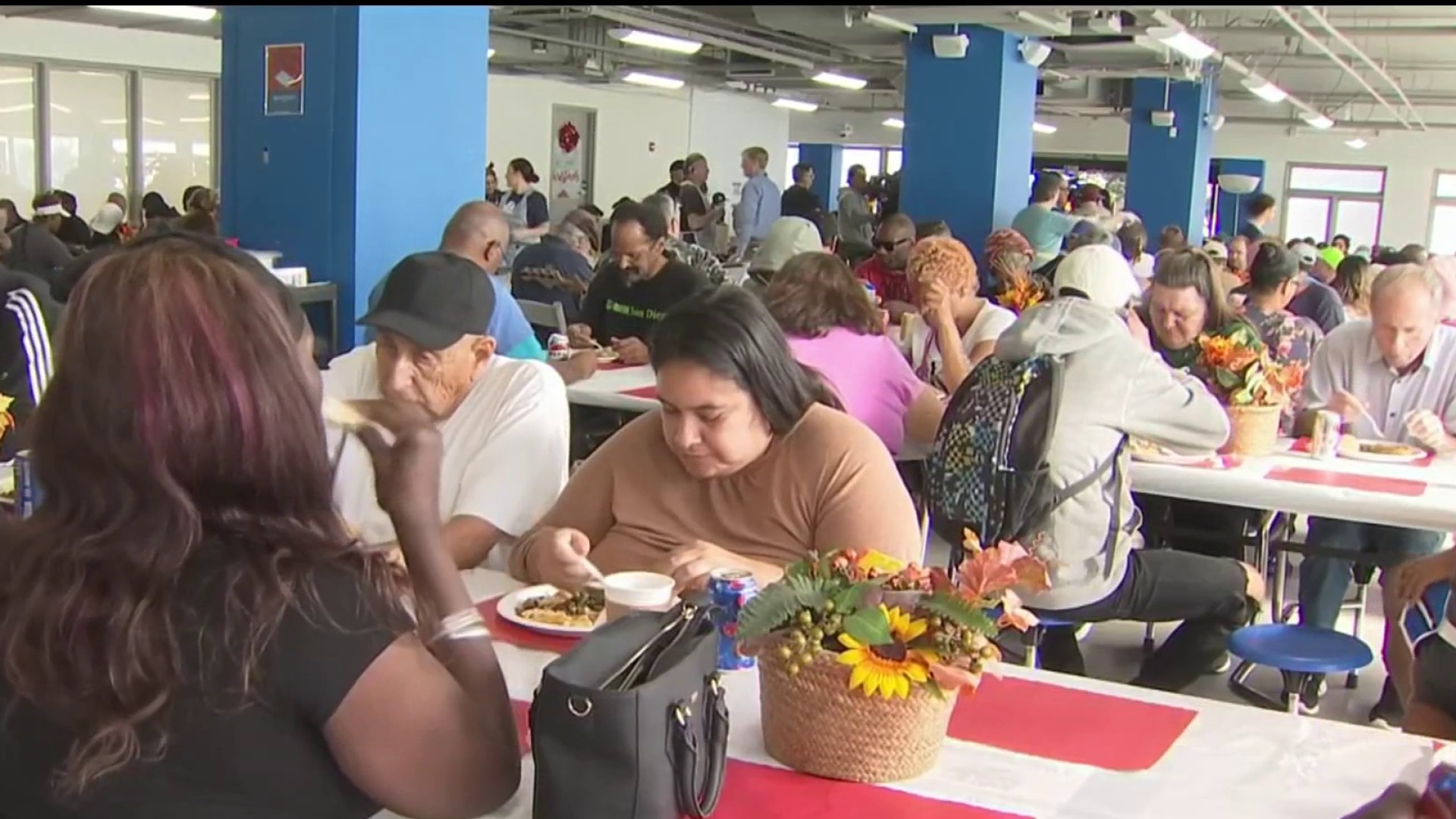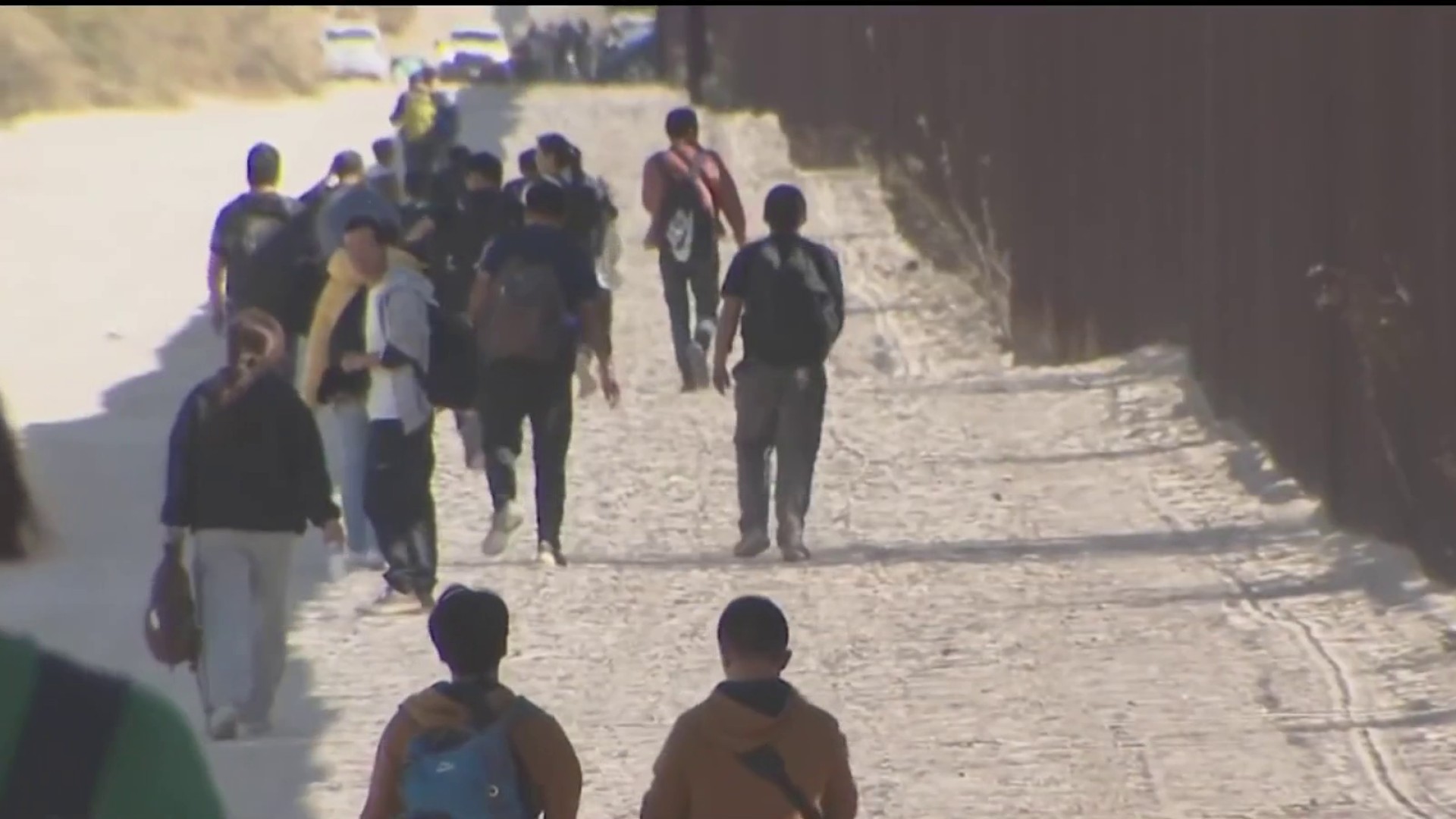According to San Diego's Medical Examiner, 550 homeless people have died since January of this year.
Since 2021, the number of homeless people dying in San Diego County has remained over 500, almost four times the number of homeless deaths in the region compared to 10 years ago.
Almost 300 of the cases are still under investigation. As to the cause of death, 160 deaths are listed as accidental which is classified as anything from overdose deaths (124) to motor vehicle deaths (28). Nineteen of the 550 deaths were homicides and 51 deaths were classified as natural which was defined as anything from cancer to AIDS to cardiovascular disease. Twenty-two deaths were attributed to suicide.
Healthcare in Action is a Long Beach-based non-profit that deploys two street medical teams across San Diego. One team patrols the downtown area and the safe sleeping parking lots and the other works in the beach communities. The non-profit will be adding a third team in January to work in some of the region's new homeless shelters. The teams — made up of nurse practitioners, EMTs and other medical professionals — say the goal is to meet the patients where they are.
Get top local stories in San Diego delivered to you every morning. >Sign up for NBC San Diego's News Headlines newsletter.
Stories in San Diego
Elisa Silvestro with Healthcare in Action says one of the challenges they face with this patient population is getting them to prioritize their health and take their medicine.
"Those medicines can keep chronic health problems at bay, but when you're homeless and you're on the streets, your priority is not taking a pill to prevent something, you're thinking about what's in front of you everyday, so I think we’re just seeing chronic health problems get worse," Silvestro said.
Another challenge with the homeless patients they treat is trying to find them on any given day. Healthcare in Action offers patients GPS trackers. Patients can volunteer to take a tracker, so the medical team can find them on their computers when they have an appointment. Laine Goettsch with Healthcare in Action says even when they make appointments with some of their patients, sometimes it's difficult for them to maintain a schedule, especially when they are often being asked to move by law enforcement for street sweeping or for other reasons.
"Everyday is so uncertain and chaotic and it can be really difficult to manage symptoms like hypertension or congestive heart failure. All of these are really serious diseases that anyone can get, but when you're living unhoused and you're living day to day, it's really hard to prioritize that," Goettsch said.
A homeless woman loses a friend on the streets
Tracy Bennet is one of their patients and has been homeless for seven years. She has chronic asthma and says it wasn't until she came in contact with the medical street teams that she was able to get an inhaler and the medications she needs. She says in the past year she has lost two of her close friends who were homeless, one as recently as two weeks ago. Her friend Steve had cancer and heart disease and was struggling in pain on the sidewalk. Eventually he was taken to the hospital, but ended up passing away the day before he had a scheduled surgery.
"I said you're not going to die on my watch, you're not going to die out here and he died in the hospital, but he still died and that’s the hard part," said Bennett. She said everyday is a fight to survive and stay alive, but she still struggles with the trauma of losing her close friends who have become like family to her.



